Our Curriculum
Flexible
Our curriculum adapts to each student's unique needs, ensuring personalized pathways to success and fostering a love for lifelong learning.
Student-Centered
At the heart of our curriculum is the student, with a focus on individual strengths, interests, and goals to inspire and engage every learner.
Project-Based
Engage in meaningful projects that connect classroom learning to real-world applications, sparking curiosity and critical thinking skills.
Guiding Principles
The Carleton Project curriculum and philosophy uphold the Guiding Principles of the Maine Learning Results that states each student must leave school as:
– A clear and effective communicator.
– A self-directed and life-long learner.
– A creative and practical problem solver.
– A responsible and involved citizen.
– A collaborative and quality worker.
– An integrative and informed thinker.

Pathways to Excellence
Our concept-based curriculum emphasizes student-driven, project-based learning (PBL) and holistic support, nurturing well-rounded individuals ready to thrive. By empowering students through engaging projects, we foster curiosity and a lifelong passion for discovery.
This approach prepares students for academic success and equips them with critical life skills to navigate the complexities of the modern world confidently and resiliently.
English Language Arts
Develop comprehensive literacy skills in reading, writing, speaking, listening, and research helping students to become confident and articulate.
Mathematics
Build confidence and competence in mathematics by focusing on mastery of foundational skills and making math relevant to students' lives.
Science
Inspire curiosity and scientific inquiry by focusing on hands-on, relevant learning experiences that connect students to the natural world.
History & Social Studies
Understand the world by exploring history, culture, and civic duties while developing critical thinking and communication skills.
Visual & Performing Arts
Nurture creativity and self-expression to obtain a deeper understanding of the world through artistic disciplines like art, music, and theater.
Senior Project
Empower students to engage with, and positively impact their community through a personalized activism project.
Real-World Experience
Provide students with practical skills and experiences that enhance their readiness for the workforce or further education.
W.A.C.U.P.
Create an inclusive space where feel valued and empowered to voice their opinions and concerns, promoting social emotional development.
English Language Arts
Approach
The English portfolio is a transformative project allowing students to become authors and experts of their own stories. Each student completes about 30 pieces over their high school career, with guidance and feedback from peers and learning facilitators. This collaboration fosters inclusion and empowers students to share their unique perspectives confidently. Graduates can receive English credit during their first year at the University of Maine Presque Isle.
Importance
Developing strong literacy skills is crucial for effective communication, critical thinking, and lifelong learning. Mastery of ELA standards enables students to engage in meaningful conversations, express ideas clearly, and understand complex issues.
Mathematics
Approach
We emphasize mastery of basic skills, helping earlier learning come into focus while reinforcing concepts through traditional drills. Relevance is key to overcoming math challenges. All college-bound students must pass the Accuplacer test before graduation, and personal finance is offered when warranted.
Importance
Mathematical literacy is essential for logical reasoning and problem-solving in everyday life. Mastering math standards equips students with quantitative skills needed for careers in STEM, business, and other fields.
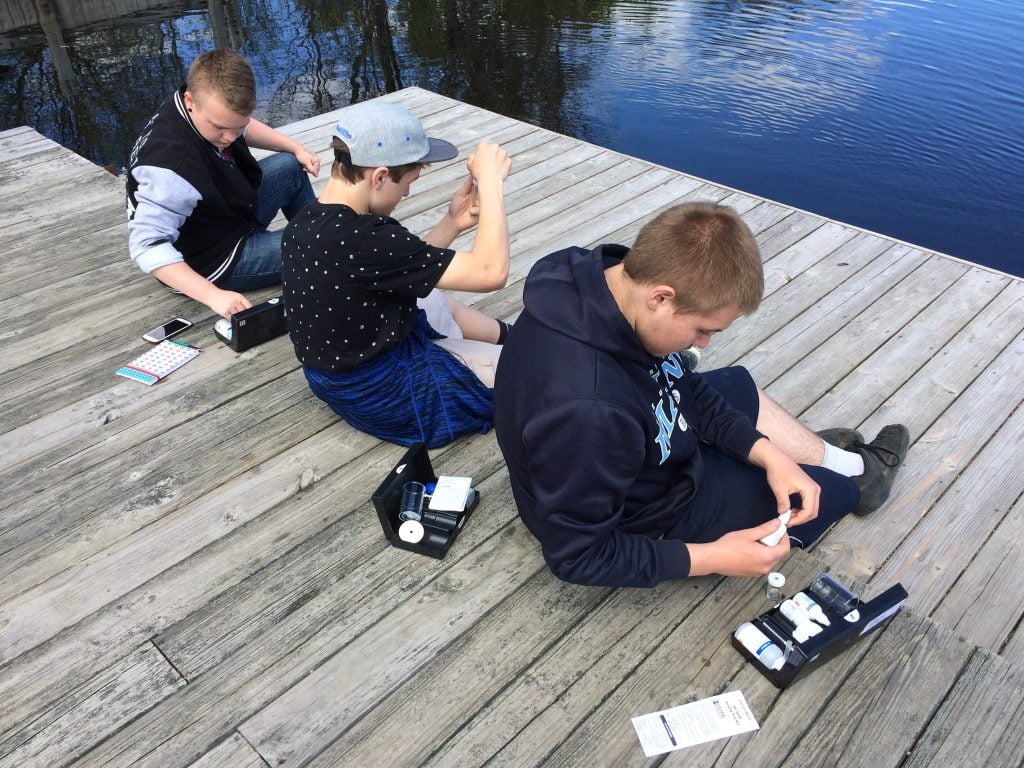
Science
Approach
Making science relevant and hands-on is key to success. We explore the science behind meaningful topics, often through outdoor lab work. Activities include water quality testing, stream health projects, turtle studies, and more.
Importance
Science fosters curiosity, critical thinking, and problem-solving skills. Engaging students in hands-on experiments and real-world projects promotes inquiry and understanding of the natural world, preparing them for STEM careers and cultivating environmental and social awareness.
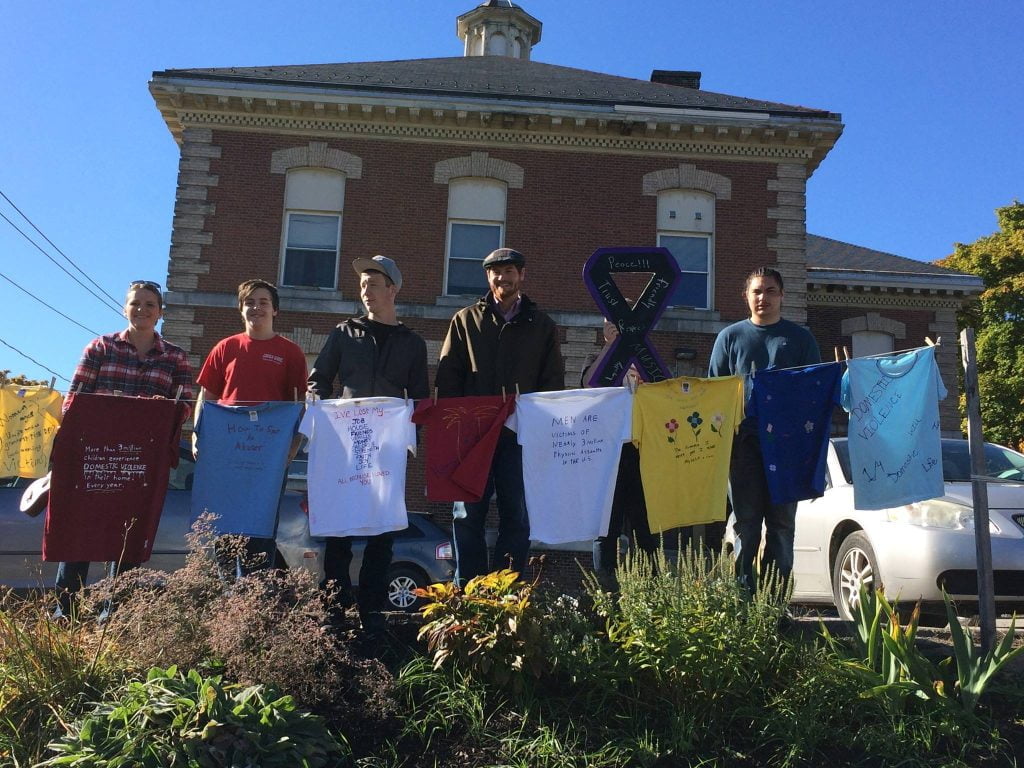
History & Social Studies
Approach
We cover basic content areas like U.S. History and civics, with a focus on reading and writing. Opinion papers and polished essays are included in the English Portfolio. Our civics approach focuses on local issues, benefiting graduates who remain in their community. We also explore social sciences like sociology and psychology.
Importance
Studying social studies and history develops critical thinking, communication, and analytical skills while fostering civic awareness and responsibility. Focusing on local civics and including opinion papers in the English Portfolio helps students engage in meaningful conversations and build strong foundational skills.
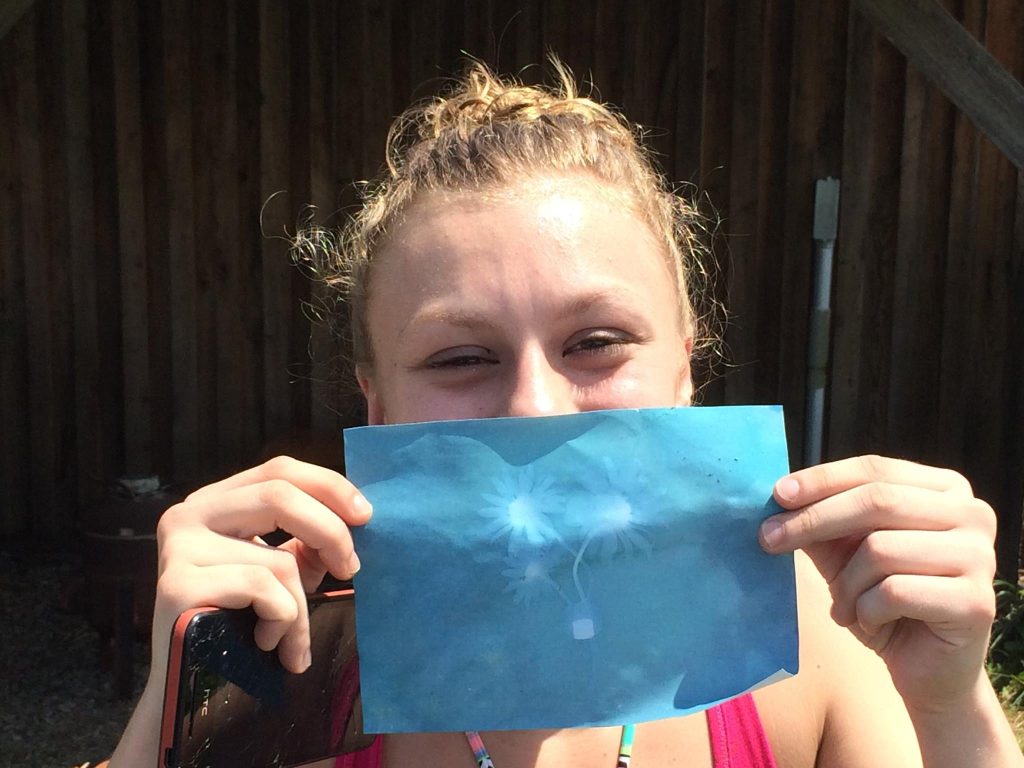
Visual & Performing Arts
Approach
We integrate a range of artistic disciplines, including visual arts, performing arts, and media arts. Students engage in activities from painting to playing instruments, connecting their work to broader historical and cultural contexts. Personal growth is emphasized through critical analysis and personal portfolios.
Importance
Creativity is crucial for healthy development and academic success. Understanding the arts helps students adopt a broader and open-minded approach to life, developing empathy, perspective, and self-reflection through artistic exploration.
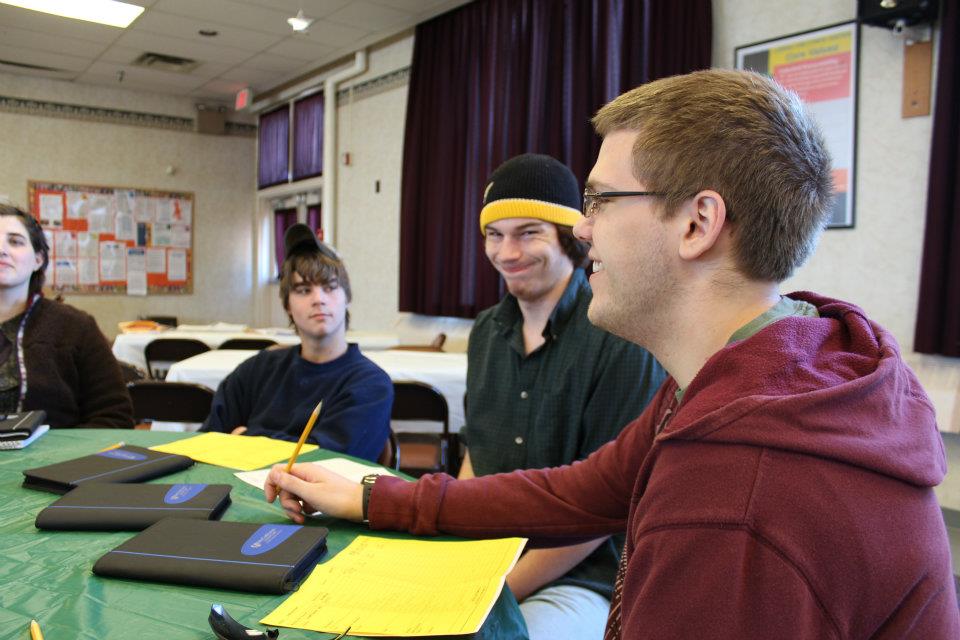
Senior Project
Approach
Students identify a community issue, conduct research, develop a solution or advocacy campaign, and present their final project.
Importance
This project strengthens community ties and prepares students for civic engagement and leadership roles in their future careers and personal lives.

Real-World Experience
Approach
Students complete 200 hours of workplace experience or voluntary service, applying academic skills in real-world settings and gaining practical knowledge.
Importance
This experience bridges the gap between academic theories and real-world applications, providing valuable insights into potential career paths and contributing to overall employability.
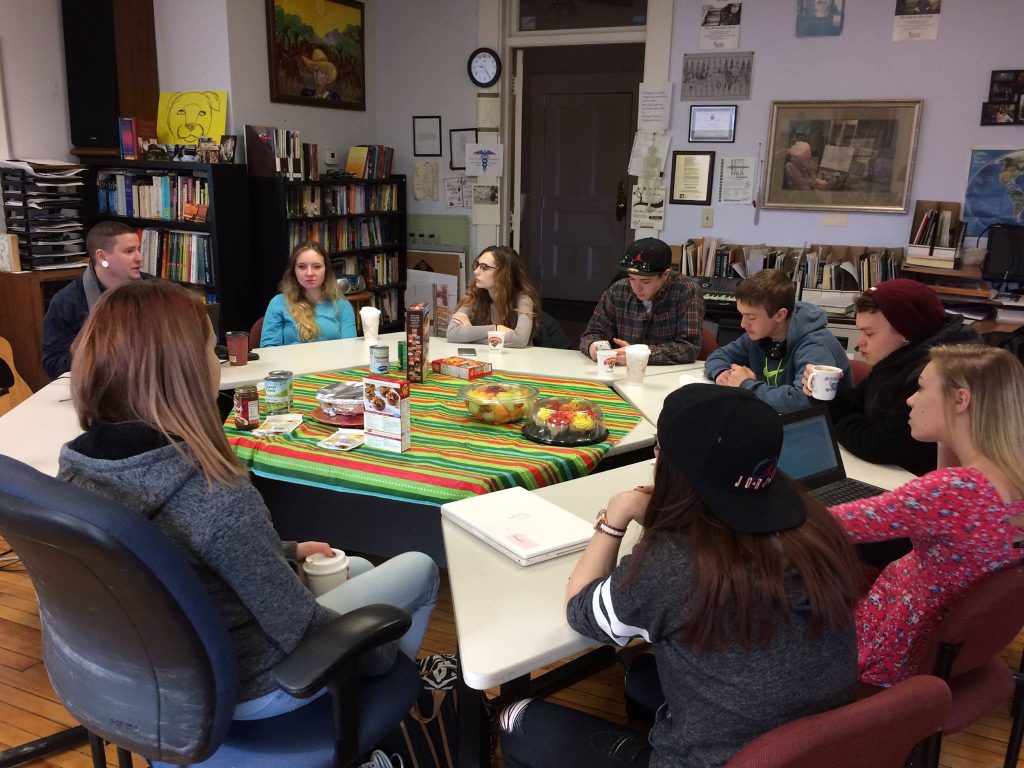
W.A.C.U.P.
Approach
Regular instructor-facilitated meetings where students drive the agenda, discussing their learning experiences, challenges, and suggestions for school improvement.
Importance
These meetings cultivate a school culture that respects and acts on student input, promoting a sense of belonging and investment in school outcomes.
